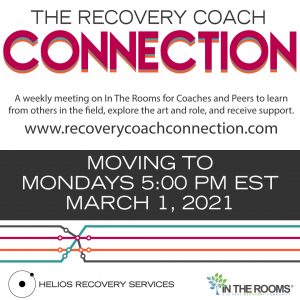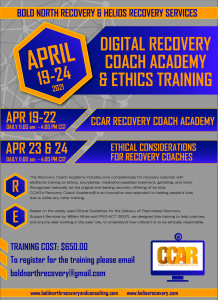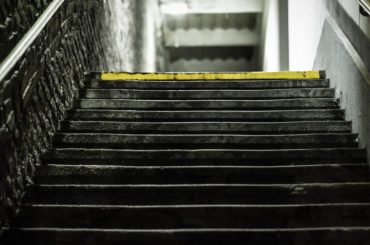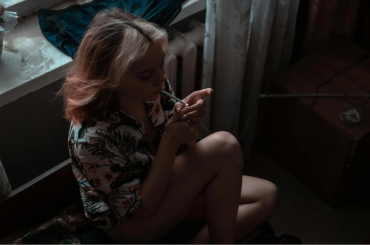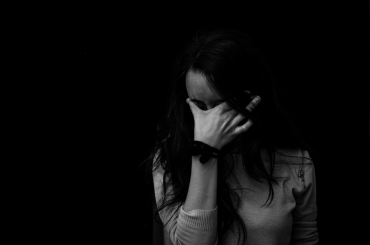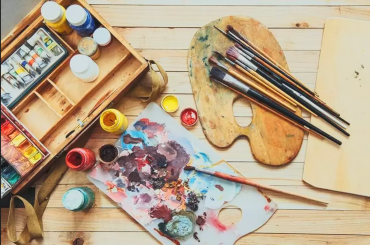The recovery movement really picked up steam throughout the last decade. Understanding of substance use disorder (SUD) in many lanes has deepened. Professionals in the field now know that 12 Step Recovery is not the only path to recovery.
Many Paths To Recovery.
Programs like PAARI (Police Assisted Addiction Recovery Initiative) will help fast track people with SUD to treatment rather than arresting them. Groups like SMART Recovery or the Freedom Model have alternative resources to pick up where 12 Step missed the mark. We have branched out to loved ones of those who have SUD to include them in the recovery community.
Indeed the push to remove stigma has become a public fight. We have elected officials advocating for better insurance cover for treatment services, and decriminalizing the use of drugs. While we certainly still have a long way to go in all those areas there is one particular area which is consistently overlooked.
Child Protective Services and its involvement with people in recovery.
A Personal History.
I was removed from my home at the age of eleven due to physical abuse from my dad. Mom’s marijuana usage coupled with her bipolar disorder was also an issue. My dad was a regular black out drinker and got pretty violent. To make a very long story short I bounced around the foster system while my mom walked through fire and jumped through hoops to get me home. Dad dropped off the map after the department told my mom that I would never come back home if she stayed with him. She was put in a position to choose between her husband and her child. My mom would do well when she was given support. But every time I was supposed to be reunited all her support would be withdrawn. She would fall on her face, and then I didn’t get to come home that school year.
The summer before I turned fifteen I was finally able to go home. My mom was involved with the Twelve Step Community and I didn’t mind going to the dances. It was not long however, before I began some experimentation with substances and went on a year long self-destructive tirade. I was quite angry and I wanted to watch the world burn. This is of course how I would enter the juvenile justices system. I would eventually enter the rooms of recovery myself at the age of sixteen.
My mother would leave her recovery supports after her sponsor said some pretty cruel and judgmental things about her as a mother. She never recovered from that.
Foster Care and Substance Use
In the state of Wisconsin, 63% of children removed have neglect and substance use listed as the reason for removal. 22% of removals are just substance use with no other abuse or neglect cited. That means someone who has a medical condition of SUD can still be meeting their child’s needs and still have the child removed.
But should children be removed? According to studies such as the one carried out by Alia Inovations , the answer is no. The psychological damage done to children by separating them from the bonds of their family is more harmful than the abuse they are being removed from. This type of damage is also debilitating for that child well into their adult years.
According to a study the State of Wisconsin carried out over ten years on its own systems, a 93% correlation between kids in juvenile justice and having one or more foster placements was clearly highlighted. Foster care is not saving children. Social workers know foster care is not good for children. The next logical extension would be “what about adoption?”
My Work In The System.
As a person who lived through these experiences, I would pose a question back. Wouldn’t it be weird if you were suddenly living with strangers and had no choice in the matter? I mean really, imagine how awkward and scary it would be. To be expected to love these complete strangers because a third party said they were more worthy than your family, is a distressing reality for many.
When I speak for a CASA (court appointed special advocate) event, training foster parents, or present to social workers I get the same question over and over. “How can parents keep choosing drugs over their child?”
I explain that kids love isn’t about worthiness. It just is. I challenge them to think about what the children they have fostered have been through. When are they no longer allowed to be affected by their trauma? I then explain that parents with SUD are also traumatized children who grew up. All my time is spent defending people with SUD from being cast as criminals, lost causes and unworthy of support and forgiveness.
The Recovery Community And Child Protection Issues.
The Recovery Community is comprised of amazing examples of transformation, rebuilding, and forgiveness. Prison experiences, treatment, our lowest moments, and the things that moved us to seek recovery are openly spoken about. We have opened our arms to the parents who have lost children to overdoses, people with SUD and mental health issues. Everyone, it seems, is accepted and embraced.
However, if you had your children removed there is no forgiveness for you here. At best we simply don’t talk about it in the recovery space. We expect those parents to agree they deserved to have their children removed in the kids best interest. We talk about those mothers behind their backs under the guise of being “grateful” that wasn’t our path. This is an area where we can do better.
The Good News
Fortunately, there are some evidence based practices that mitigate the damage done to children who have been living through their parents’ addiction. The Iowa Parent Partner Program was a pretty radical idea at first. The Parent Partner Program consists, almost entirely of peers who have had their children placed in foster care at one time and had successfully been reunited.
These Parent Partners meet the newly CPS involved parent and mentor them through the process of reunification with their child. They come up with a personal recovery plan and only minimally report to state services. This was found to greatly reduce the children’s time in foster care. Over time the Parent Partner Program was used as a method to prevent separation whenever possible. The program also provides ongoing support.
There are other great preventative programs such as the Safe Families Program. These are life-saving and progressive programs which need to be supported. I call on the Recovery Community to hold space for this kind of soul work. We can extend the same love, compassion and understanding we extend to others. The freedom to speak to these experiences can spark systemic change for the Recovery Community as a whole. We can do better than just triaging those of us who are already afflicted by SUD and go forward to reducing the next generation of SUD diagnosis.




